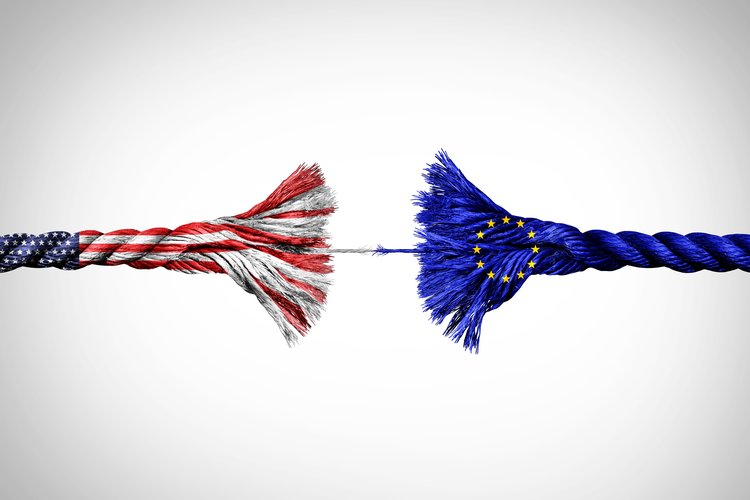The European Union has reportedly made significant adjustments to its proposed Artificial Intelligence (AI) Act, sparking discussions about potential influence from the United States. Despite these changes, the European Commission firmly asserts that U.S. interests will not dictate its legislative agenda.
Initial reports suggest that the Commission is softening some of the stringent requirements initially outlined in the AI Act. This shift comes as EU officials seek to balance innovation with regulatory oversight, aiming to create a framework that fosters technological growth while addressing public safety concerns.
In a statement released from Brussels, a spokesperson for the European Commission emphasized that the revisions are not a result of external pressures. “The decisions regarding the AI Act are driven by our internal assessments and priorities,” the spokesperson noted, reinforcing the EU’s commitment to its regulatory sovereignty.
The AI Act, first proposed in April 2021, aims to establish a comprehensive regulatory framework for AI technologies across the EU. Key objectives include ensuring that AI systems are safe, respect fundamental rights, and promote trust in AI technologies. The original proposal included strict provisions for high-risk AI applications, which many industry stakeholders criticized as overly burdensome.
As discussions evolve, industry groups express concern that any dilution of the act could undermine consumer protection and safety. The Commission’s reassurances may not fully alleviate these worries, as stakeholders continue to advocate for a robust regulatory environment that prioritizes ethical AI development.
The European Parliament is scheduled to review the latest revisions before the final vote, which is anticipated to take place in early 2024. The outcome could have far-reaching implications for how AI technologies are developed and deployed, not just within the EU but globally.
As the situation develops, the EU’s approach may influence other regions, including the U.S., where lawmakers are also grappling with how to regulate AI effectively. The balancing act between fostering innovation and ensuring safety remains a central challenge for regulators worldwide.
In summary, while the European Commission insists that changes to the AI Act are independently driven, the discussions surrounding U.S. influence highlight the complexities of global regulatory frameworks in the fast-evolving tech landscape. The upcoming legislative decisions will be closely watched by both industry leaders and policymakers around the world.





































































